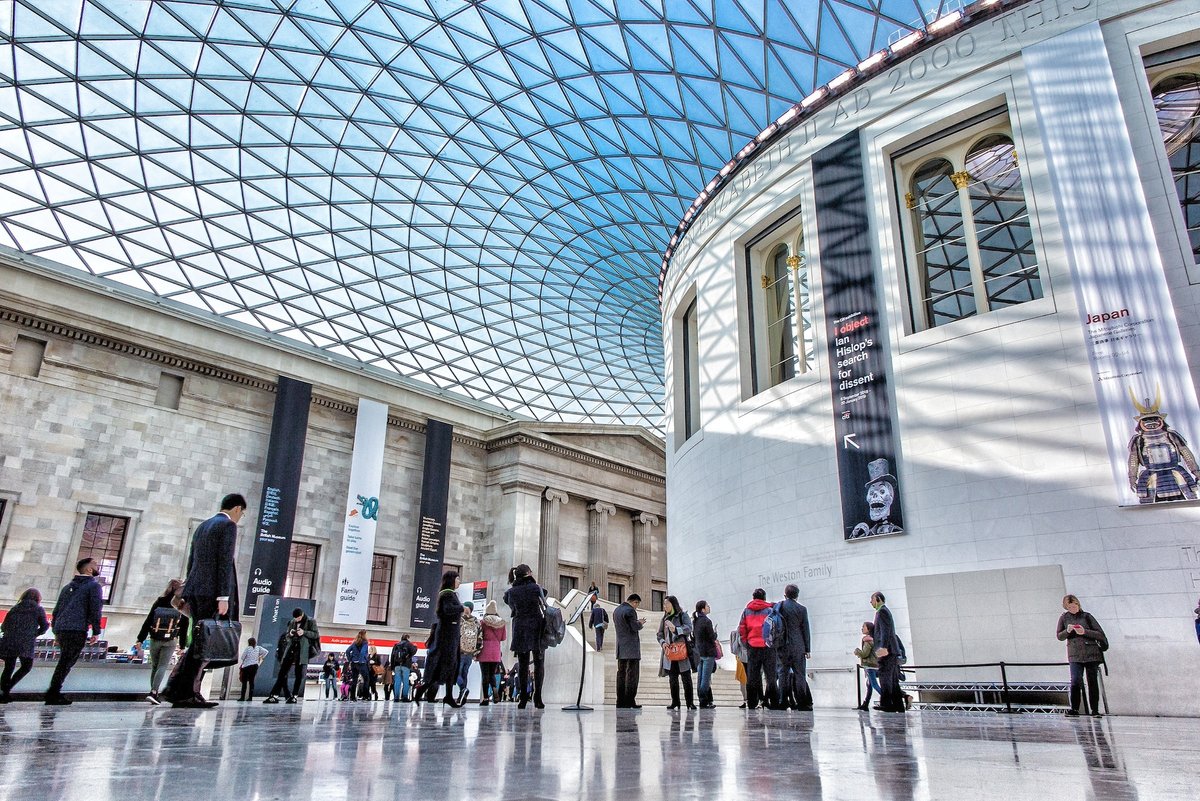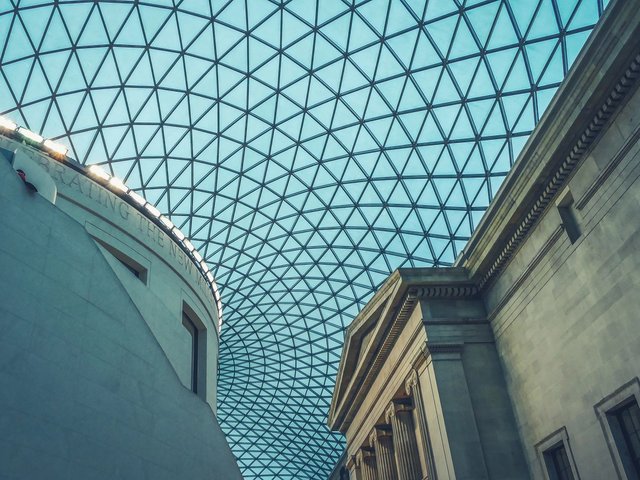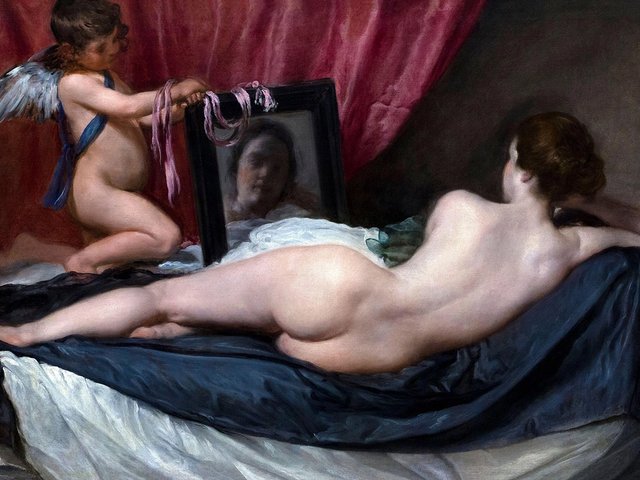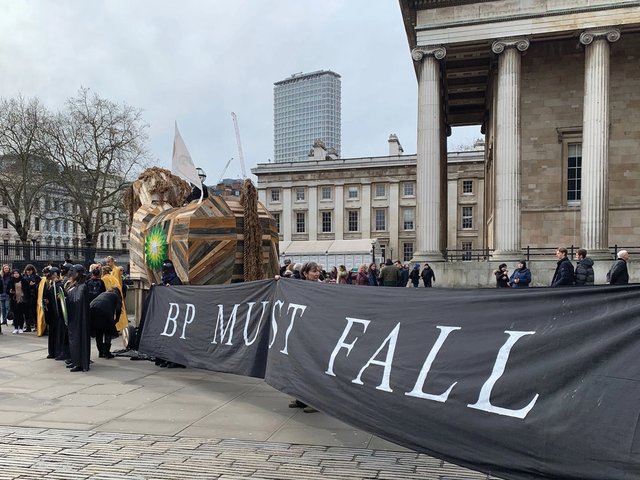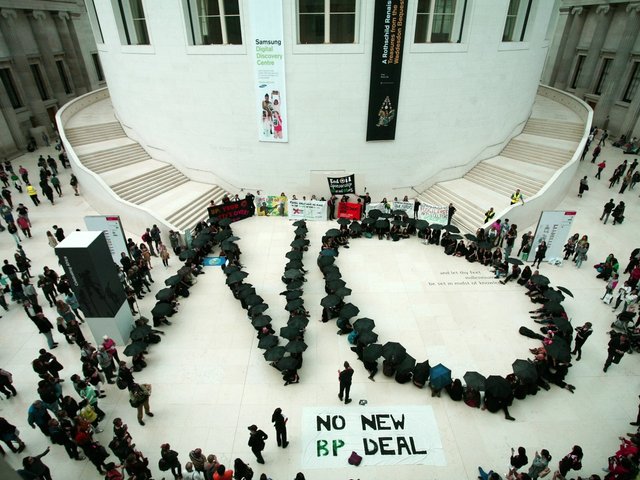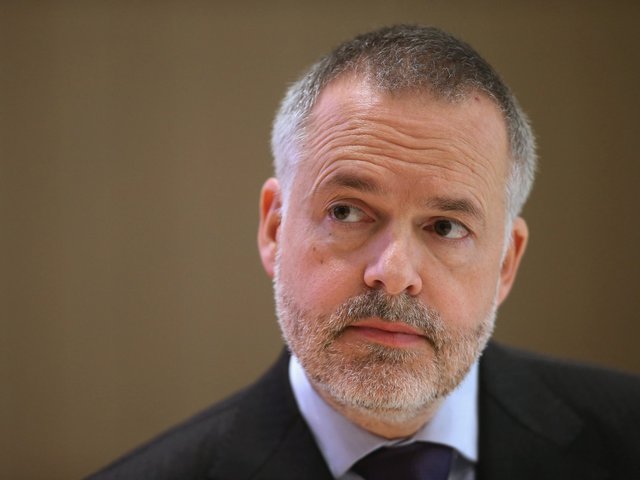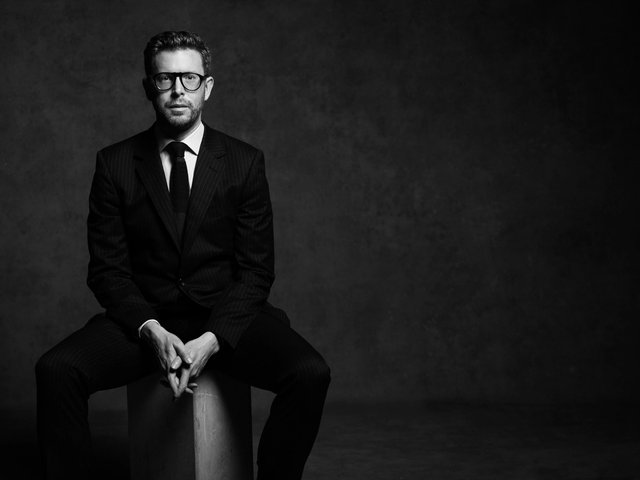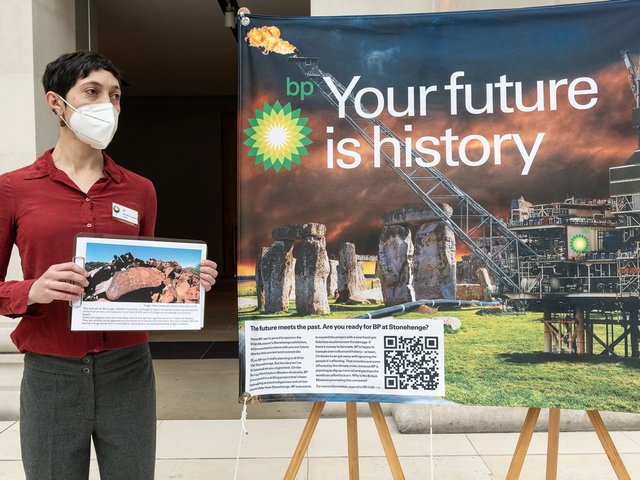The British Museum’s decision to accept a £50m sponsorship deal with BP has caused concern among its trustees, who eventually agreed to accept funding from the energy company despite ethical and security misgivings, as revealed in the recently released minutes of the trustees. The BP money is to kickstart fundraising for the museum’s ambitious masterplan, which would upgrade the building and redisplay the collection.
The Art Newspaper can report that one trustee quietly resigned on 27 November and many others expressed concerns. The museum’s head of security warned that the BP sponsorship deal could result in risks to both the collection and staff.
The museum’s trustee minutes are normally released soon after they are approved, which takes place at the following meeting. This was not done and The Art Newspaper submitted several press requests and a Freedom of Information request for the minutes.
Today (19 December) eight sets of minutes were released simultaneously, for meetings between June and November. Headed “sensitive”, they appear to present a reasonably detailed account of the decisions. Board of trustees chair George Osborne and the trustees appear to have been fairly open in recording their discussions.
The BP deal was first seriously discussed by the trustees on 1 June. On that occasion, Osborne felt that he should absent himself from the whole meeting because he had declared “a conflict of interest”. BP is a client of Osborne’s investment banking firm, Robey Warshaw, of which he is a partner.
Two of the other 19 trustees pointed out their interests. Philipp Hildebrand is a vice chair of BlackRock, which is one of the top shareholders in BP, although he had no personal conflict of interest. Elizabeth Corley is chair of Schroders, which holds investments in BP, although not to the extent that this would constitute a conflict of interest.
A more detailed discussion was held during the trustees meeting on 29 June, with Osborne not taking part when the potential BP deal came up for debate. According to the minutes: “Some trustees indicated strong personal disagreement about accepting money from companies in the sponsor’s line of business, but resolved that these were not such as to require them to recuse themselves from acting as trustees in the decision to be made.”
Charlie Mayfield, who took over from Osborne in chairing this part of the meeting, warned that any delays to the masterplan (which would benefit from the BP funding) would only “increase risk to safety (people and property) and to the collection due to the deteriorating condition of the fabric and infrastructure” of parts of the building.
Some trustees “repeated their personal disagreements with accepting funding from such sponsors”, but it was nevertheless “unanimously agreed that accepting the sponsorship was on balance in the best interests of the museum”.
Discussion of the BP deal was soon overtaken by a series of apparently unrelated critical events: 29 July, news of the departure of the director Hartwig Fischer next year; 16 August, announcement of the theft of Greek and Roman antiquities; 25 August, Fischer’s decision to resign immediately; and 5 September, appointment of Mark Jones as interim director.
At the 6 October trustees meeting there was discussion about the increase in protest activity by climate activists in museums. The minutes indicate: “The board reaffirmed its decision to accept the donation but requested a further discussion of the possible options for still more robust security arrangements.”
By the autumn Osborne felt that he could chair discussions about the BP sponsorship. On 6 November climate protestors targeted Titian’s Rokeby Venus (1647-51) at London’s National Gallery, breaking the glass and causing minor damage to the canvas. Although not mentioned in the minutes, this incident can only have heightened concerns at the British Museum.
On 27 November Osborne told the trustees that one of their members, the writer and broadcaster Muriel Gray, had "made a personal decision" and tendered her resignation to the government. The minutes record: “Muriel added that she would continue to support the museum and wished her colleagues on the board all the best. The chair thanked Muriel for her enormous contribution to the museum over the previous seven years. Muriel then left the meeting.” Gray had been a deputy chair, so her resignation represented a considerable loss.
David Bilson, the museum’s head of security, then presented a paper on “measures planned for imminent implementation to enhance the security of the collection”, which might result from “increased risks to museums as a result of protest activity”. He cautioned that “the risk of an attempt to damage the collection might be heightened following the announcement of the corporate sponsorship under discussion and could not be fully avoided without inhibiting public access to the collection”.
Jones, the interim director, then spoke. Following a discussion it was agreed that “independent confidential advice would be sought on additional risks to the security of the collection that may follow the announcement of sponsorship and, in particular, how any such risks might be most effectively mitigated”.
Concerns were also expressed over “the personal safety of staff and trustees, and the impact an announcement might have on the museum’s staff”.
Following the meeting, Jones informed the Department for Culture, Media and Sport (DCMS), the museum’s main funder, about the intended announcement and future plans. DCMS presumably responded that it was a matter for the trustees and did not raise any objection.
A further trustees meeting was due to be held on 7 December. Its minutes will only become available when they are approved, at their next meeting. But it can be assumed that on 7 December Osborne and his fellow trustees signed off on the 19 December announcement of the BP deal.
Institutions that were formerly sponsored by BP—including London's Tate, National Portrait Gallery and, until last June, the British Museum—had been the subject of years of protest campaigns from environmental activist groups such as BP or Not BP? and Liberate Tate.


